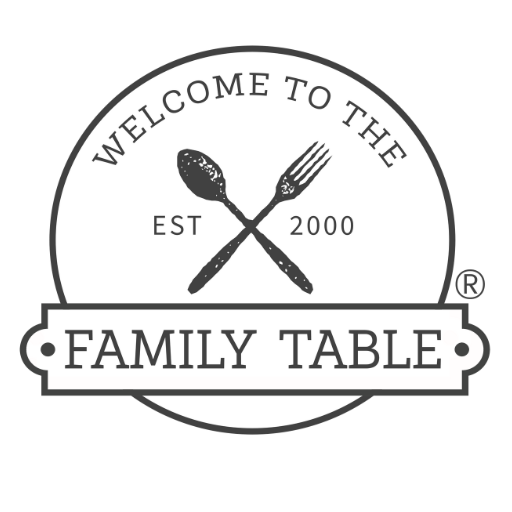A Waldorf-Inspired Homeschool {Part 1}
Homeschoolers have the ability to create a tailor-made education for their family. There is no need to adopt a style or method that doesn’t completely resonate with you.
I was introduced to Waldorf education when my firstborn son was two years old. I was drawn to the aesthetic of the classrooms, and I appreciated the slower pace and rhythm of the calendar. As I’ve learned more about the philosophy behind what is essentially an institutional schooling method, I saw that it was not going to be very compatible with my desired homeschooling lifestyle or with my faith.
I spent the first couple of years trying to fit in with what the authors of the Christian homeschooling publishing industry recommended: Bible-based worksheets and textbooks. It worked okay for a while, but as my sons got older, I found that they weren’t retaining what they learned. Over time, as my confidence grew, I decided to incorporate my favorite aspects of Waldorf education into our day. I finally felt like I was being more true to myself, as I love books, creativity, and nature, and now those could be the center of our homeschool day.
I am inspired by and incorporate:
- the emphasis on whole literature and using storytelling as a teaching device
- seasonal rhythm of life and a simple, home-centered lifestyle
- studying subjects as parts of a whole, not isolated, in blocks similar to unit studies
- the element of imitation; the idea that children learn best through the teacher’s (or mother’s) demonstration
- teaching functional handwork and handcrafts to children beginning at a young age
- celebrating feasts and festivals
- the use of natural materials and emphasis on the simple beauty of them
- the slower progression into academics for the early elementary years (which also aligns with Raymond Moore’s writings that I enjoy)
- expressing comprehension of a subject through artistic expression
Some of the bigger ideas that don’t resonate with me are :
- the adherence to anthroposophy
This is the foundational belief system of Waldorf. It is considered a “spiritual science.” While I believe Steiner did have some insights on the development of children, I feel much of it is incompatible with a Biblical understanding of human life.
- teaching separate main lessons to each of my four children using the Steiner scope and sequence
Waldorf was designed for schools, not moms at home teaching their little group of multi-age children. Some are successful at separate lessons, because they are extremely organized and manage time well. I am not, however, and prefer to gather my children together as we all learn about a topic. I get inspiration on how to present material from established main lesson blocks, but ultimately, we are going to study what we are interested in and what is timely for us. I rely on God’s leading each year for the direction in which we need to go.
In the second part of this series, I will go into more detail on how these Waldorf-inspired ideals play out in our daily life. Thanks for reading!

